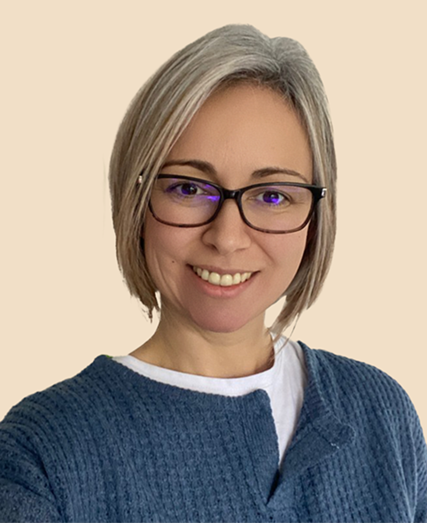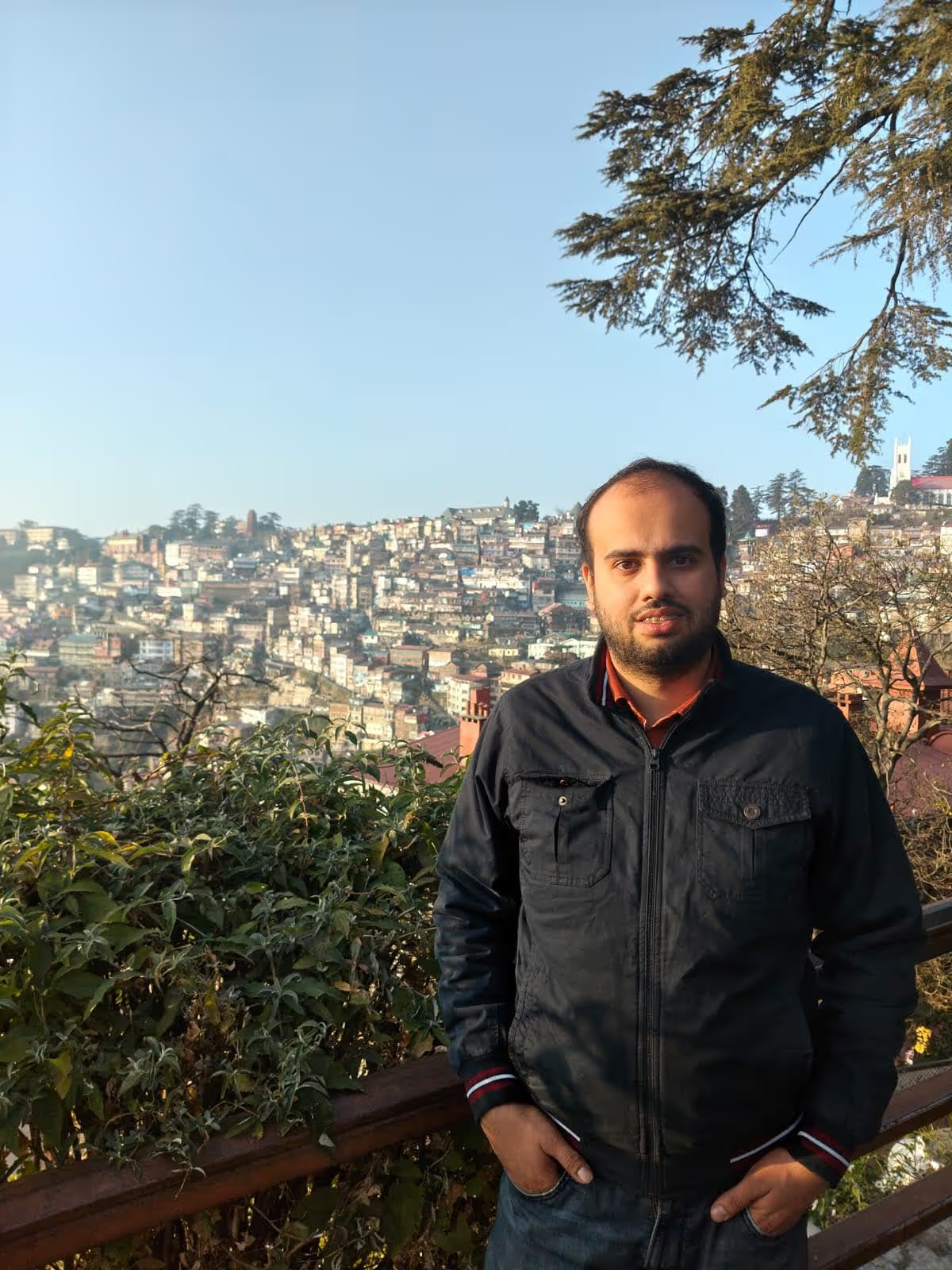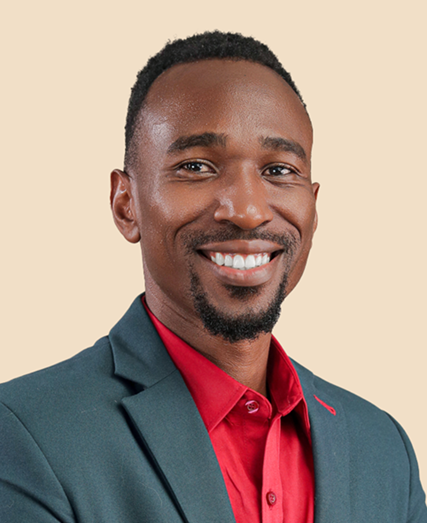About
The MA in Politics program offers a thorough and specialised study of contemporary politics, focusing on the critical analysis of current crises and structural transformations. This course is particularly relevant in the context of recent global challenges, such as the pandemic and ongoing conflicts, emphasising the need for a deep understanding of the global bio-political economy. Structured around the interconnection of politics and sociology, the program provides a timely approach to political studies. Students will explore key topics like globalisation, colonialism, nationalism, and the influence of market dynamics on political systems. The course also delves into issues of race, religion, justice, freedom, health, rights, and equality, encouraging the development and critique of theories in light of global shifts. The program is designed to equip students with the skills to critically evaluate political issues, assess leadership and institutions, and propose solutions to international problems. By the end of the course, students will gain a comprehensive insight into the transformations affecting economies, nations, and religious practices, preparing them for a nuanced understanding and engagement with the modern political landscape.
How students have found success through Woolf
Course Structure
About
How do philosophies and theories of politics differ from theory that ispolitical? This module engages with the varying historical and culturaldemands of the task of political theorising, to track the changing means ofpolitics and the political, as domains, discourses, vocabularies, anddisciplines of human experience. Emphasis will be placed on the ordinaryarts of being human that constitute political engagement, and howattending to these enables us to think of politics, the human, time, place,thought, and action differently. Assigned readings will be criticallyassessed to evaluate their approaches, definitions and arguments.Through this process, students will (1) become fluent in basic conceptsand relevant terms, and (2) address issues related to what constitutes thepolitical; when, where and how politics happens; what it means to think,ask, and act politically; and what being a student or “expert” of politicsmay entail
Teachers
Intended learning outcomes
- Identify and comprehend key vocabularies, discourses, and disciplines associated with politics and the political, leading to informed and critical analyses.
- Identify and analyse the historical and cultural contexts that influence the task of political theorising and how it evolves over time
- Define the role and responsibility of a student or an “expert” of politics, including the ethical considerations, inherent biases, and potential impacts their knowledge and action may have on the political sphere
- Demonstrate fluency in basic political concepts and relevant terms in nuanced political discourse and debate.
- Produce well-argued written work that reflects understanding of the course materials, the application of political theories, and the capacity for independent thought and research
- Identify and address key issues related to what constitutes the political; exploring when, where, and how politics happens, and what it means to think, ask, and act politically.
- Participate effectively in discussions, debates, and presentations on political theory, demonstrating understanding, critical thinking skills, and the ability to articulate complex ideas
- Produce work that addresses the distinction between philosophies and theories of politics, and theory that is political, and articulate these differences with clarity
- Carry out tasks related to the analysis of, and engagement with, assigned readings, focusing on approaches, definitions, and arguments, thereby developing critical reading and evaluative skills.
- Monitor one’s own learning and identify deficiencies.
About
This module incorporates insights from political science, public policy, political and social theory, history, and cultural studies to inquire into the whats, wheres, whys, and hows of political actions and the institutions in which they emerge and/or are contained.Throughout the module, students will analyse political practices such as community organising, social movements, electoral campaigns, political parties, and other varieties of individual and collective transformative practices. Additionally, students will assess what it means to act politically and the implications of such actions for both individuals and institutions.The relationship between the individual and political institutions will alsobe evaluated, including topics such as becoming part of an institution, engaging in institutional critique, seeking institutional reforms, calling attention to institutionalised inequalities, or inspiring institutional change.
Teachers
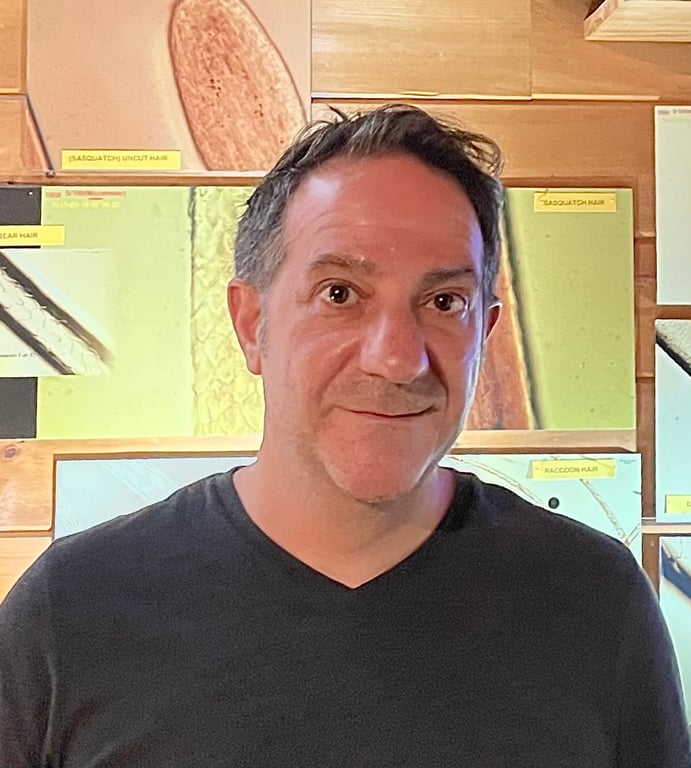
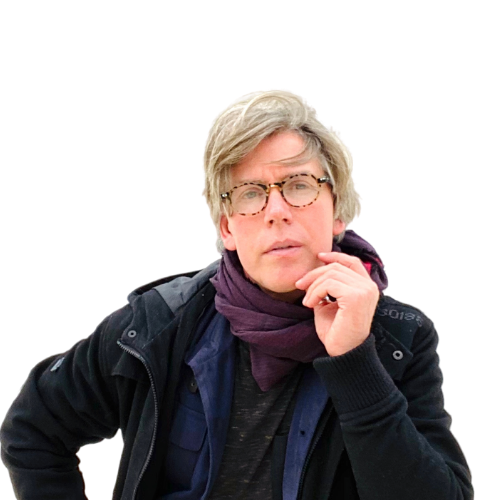
Intended learning outcomes
- Define the relationship between individuals and political institutions, and how individuals interact with, influence, and are influenced by these institutions
- Identify within case studies about institutional change the forces that drive such change and the implications it has for individuals and societies
- Identify and critically discuss instances of institutionalised inequalities, understanding their roots, manifestations, and potential remedies
- Synthesize insights from political science, public policy, political and social theory, history, and cultural studies to form a comprehensive understanding of political actions and the institutions in which they emerge and/or are contained
- Demonstrate a capacity for independent research in political science and related fields, by applying knowledge to contemporary political issues and debates
- Prepare evaluations of the concept of acting politically, while discussing and critically assessing its implications for both individuals and institutions.
- Effectively communicate understanding and critical assessments of political actions and institutions through written work, presentations, and class discussions.
- Produce work that analyses different political practices with the purpose of understanding their origins, mechanisms, and effects.
- Carry out tasks that critically assess political institutions, demonstrate understanding their structures, functions, and dynamics, and engage in informed debates about their role in society
- Advise on the process of becoming part of a political institution while discussing the potential benefits, challenges, and responsibilities associated with this process.
About
This module addresses various topics related to international law and politics. Students will assess the history and practice of geopolitics, nationalism, internationalism, diplomacy, etc., within the realms of political science and the wider social sciences. Additionally, students will analyse the circumstances which contribute to the allocation of power within world politics and how these are influenced by paradigm shifts in the production of expertise and knowledge.Throughout the module, students will approach inquiry and research as active participants in history, working through fundamental questions pertaining to contemporary topics. These topics include the concept of the‘Global South’ as a locus for conversations and studies that have historically been centred on the ‘West’ and the ‘Global North’; the historicisation of various perspectives on geopolitics; the experience of marginalised and colonised peoples within national and international contexts. The module combines theoretical frameworks with practical application to case studies on several central contemporary political issues.
Teachers
Intended learning outcomes
- Describe the experiences of marginalized and colonized peoples within national and international contexts, understanding their implications for contemporary politics and international relations.
- Define the factors that contribute to the allocation of power within world politics and how these are influenced by shifts in the production of expertise and knowledge.
- Identify and analyze various concepts related to international law and politics, such as geopolitics, nationalism, internationalism, and diplomacy.
- Communicate understanding and analyses effectively through written work, presentations, and discussions, demonstrating the ability to engage with complex ideas and articulate them clearly
- Demonstrate understanding of the concept of the ‘Global South’, and evaluate its role and importance in conversations and studies that have historically been centered on the 'West' and the 'Global North'.
- Apply theoretical frameworks to analyze case studies on several central contemporary political issues, demonstrating understanding of the theories and the ability to use them effectively
- Be responsible for independent research in the field of international law and politics, while applying knowledge and skills to explore contemporary issues and debates.
- Carry out tasks that reflect upon and analyze historical perspectives on geopolitics, and how they have shaped and continue to influence international relations and power dynamics.
- Manage readings and monitor one’s own understanding of a variety of viewpoints.
About
Which political ideas corresponded to which forms of social, political, and economic life? What is the relation between ideas, ideals, and ideologies?How do the results of political imagination correspond to the unfolding of human histories? What are the conditions that make certain kinds of political judgments and philosophies possible?In each iteration of this genealogical endeavour, this module takes on these questions more generally, and then delves into a cluster of ideas, corresponding material and social forms in a specific historical-cultural context before inviting certain comparisons to be made. Topics addressed in the module include: democracy, equality, identity, territory, race, knowledge, citizenship, agency, fascism, property, liberalism, violence, gender, belief, affect, culture, disability. Students will study classical original texts and also key secondary works and anthologies of thematic and regional conceptual and intellectual histories.
Teachers
Intended learning outcomes
- Identify meaningful comparisons between different political ideas and their material and social manifestations in different contexts.
- Define and critically analyze a range of political and social concepts, including but not limited to democracy, equality, identity, territory, race, knowledge, citizenship, agency, fascism, property, liberalism, violence, gender, belief, affect, culture, and disability.
- Describe the conditions that make certain kinds of political judgments and philosophies possible and articulate the implications of these conditions.
- Read, interpret, and critically assess classical original texts as well as key secondary works and anthologies, developing a deep understanding of conceptual and intellectual histories.
- Apply a genealogical approach to the study of historical political concepts, tracing their development and evolution within specific historical-cultural contexts.
- Demonstrate understanding and critical assessments effectively through written work, presentations, and class discussions.
- Carry out tasks that analyse how political imagination corresponds to the unfolding of human histories, and provide examples of this process.
- Be responsible for independent research in the field of political and intellectual history, using acquired knowledge and skills to explore and contribute to ongoing debates in the field.
- Produce work evaluating the relationship between ideas, ideals, and ideologies, highlighting their distinct characteristics and interconnections.
About
This module adopts a range of humanistic and social scientificperspectives to analyse the relationships that exist between market, state,economy, polis, consumer, worker, producer, citizen, and subject.Throughout the module, students will develop a comprehensiveunderstanding of topics such as production, distribution, development,growth, globalisation, economic and social policies to more fullyunderstand the discourse of political economy. Additionally, students willengage with issues related to labour, race, class, climate, trade, finance,health, dependency, entrepreneurship, modernisation, obsolescence, anddisposability that affect both micropolitical and macropolitical realms.Students will assess dominant understandings of the world’s economicand political systems, and where opportunities for fracture,transformation, and innovation might be available.
Teachers


Intended learning outcomes
- Describe the impact of economic and political systems on individual and collective lives, and the ethical implications of decisions made within these systems.
- Effectively articulate one’s own position within economic and political systems, and the potential for one’s actions to contribute to change and transformation.
- Describe dominant understandings of the world’s economic and political systems, evaluating their merits and limitations.
- Create well-argued written work that reflects understanding of the course materials, the application of theories in political economy, and the capacity for independent thought and research.
- Demonstrate understanding of issues related to labour, race, class, climate, trade, finance, health, dependency, entrepreneurship, modernisation, obsolescence, and disposability that affect both micro-political and macro-political realms.
- Demonstrate understanding of the relationships that exist between the market, state, economy, polis, consumer, worker, producer, citizen, and subject, from both humanistic and social scientific perspectives
- Carry out tasks that demonstrate the capacity for independent research in the field of political economy, using learned knowledge and skills to explore and contribute to ongoing debates in the field.
- Create scholarly work related to key topics in political economy, such as production, distribution, development, growth, globalisation, and economic and social policies.
- Participate effectively in discussions and debates on political economy, demonstrating understanding, critical thinking skills, and ability to articulate complex ideas.
About
The etymological intersections between politikos (the practice and theory of influencing other people on a civic or individual level), aisthesis (perception through the senses and the intellect), and poiesis (the act of making, producing, bringing-forth), are complex, plentiful, and serve as the premise of this module.This module examines the historical and evolving relationship between aesthetics (as the domain of perception through the senses and the intellect) and politics (as the statics and dynamics of life within a polis where individuals need and shape each other and the lifeworld enclosed by the polis). As such, students will develop a comprehensive knowledge of poiesis that is being applied to the evaluation of 1) various acts of artistic and cultural production (understood broadly), 2) the experiences that provide the material for this production, and 3) the sensing and sense-making that this production enables for others in the world.Additionally, students will study the life activities in which relationships of power, location (both temporal and spatial), and capacities of knowing, being, and feeling are created and maintained.
Teachers
Intended learning outcomes
- Describe the etymological intersections between politikos, aisthesis, and poiesis, and articulate how these intersections contribute to the understanding of politics, aesthetics, and creation.
- Identify aspects of poiesis, and how it applies to acts of artistic and cultural production, the experiences that provide the material for this production, and the sensing and sense-making that this production enables for others.
- Identify relationships of power and discuss the implications of these relationships for individuals and societies.
- Create discussions and debates on the intersections of politics, aesthetics, and poiesis, demonstrating understanding, critical thinking skills, and the ability to articulate complex ideas.
- Demonstrate how various acts of artistic and cultural production engage with politics and aesthetics.
- Demonstrate understanding of the ethical implications of artistic and cultural production, and the ways in which it interacts with politics and aesthetics
- Carry out tasks that analyse the historical and evolving relationship between aesthetics (as the domain of perception through the senses and the intellect) and politics (as the dynamics of life within a polis), providing examples from a range of historical periods and cultural contexts
- Create well-argued written work that reflects understanding of the course materials, and applies the concepts of politics, aesthetics, and poiesis to independent thought and research
About
Understanding history is essential to critically examine religious identity, war, and conflict, especially since many contemporary arguments concerning the future of these subjects rely on concepts deeply indebted to the past. This module is designed to prompt and refine critical thinking skills related to various issues surrounding the historically problematic relationships between politics and religion and concepts of body or spirit.A political approach to these issues requires asking how these are“problems” to begin with and for whom. Students will engage in discussions surrounding the epistemologies and ontologies, particularly concerning the theory and concept of secularism in modernity and premodernity. Additionally, students will investigate various cultural and intellectual paradigms along with discourses that may propose different relations between politics, race, gender, and religion, and the body/bodies that serve as the ground for these battles.
Teachers

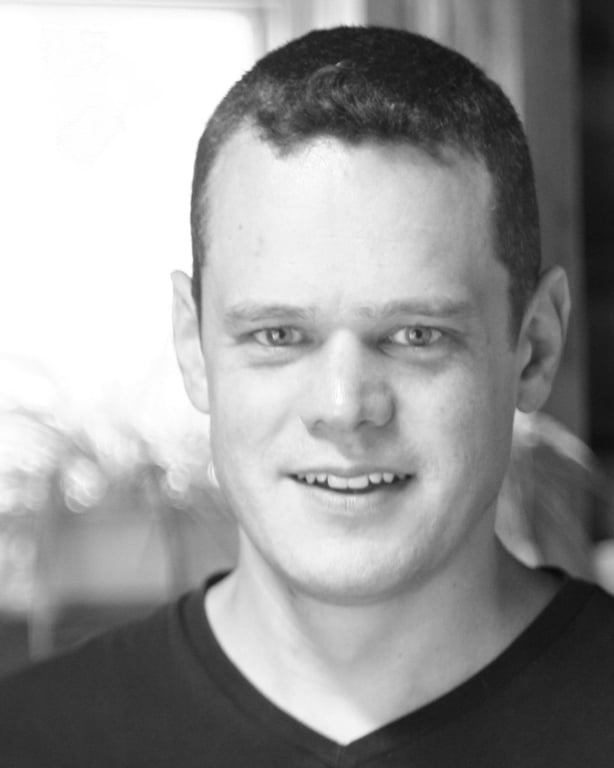
Intended learning outcomes
- Describe and analyse significant historical events and developments in the relationship between religion and politics.
- Identify contemporary issues related to the separation of the theological and the political, with a particular focus on the concept of the separation of church and state.
- Describe the epistemologies and ontologies concerning the theory and concept of secularism, both in modern and premodern times
- Describe the origins and evolution of the concepts of body and spirit, and how these concepts have been contested and redefined throughout history.
- Engage in respectful, knowledgeable discussion and debate about complex, controversial topics related to religion, politics, race, gender, and the body.
- Prepare and engage in scholarly debates surrounding the influence of religious laws and traditions on political practices and vice versa.
- Critically evaluate historical sources, philosophical arguments, and contemporary debates related to concepts addressed in the course.
- Produce work addressing the complexity and diversity of human experiences and perspectives in relation to the historical relationships between politics, religion, race, gender, and the body.
- Carry out tasks related to the historical relationships between religion and politics, and their interplay in shaping conflicts and identity.
About
How are we to create totalities and frames that connect without colonising? Is it possible to read and harness our recent history in a way that impacts how we name, understand, and solve political problems? To answer these questions, this module addresses the differences and specificities that are often sacrificed to achieve grand theory, toward a method of addressing the theoretical, temporal, and spatial intersections of political life. A dynamic treatment of bodies, affect, memory, identities, cultures, institutions, power, and lifeworlds in contemporary geopolitics marked by old and new regimes of capital and colony will be explored in depth.This module invites students to take one aspect of their contemporary political experience and unpack it using various tools and methods at their disposal to create and articulate their own methodological framework. The module encourages students to analyse their political, social, and cultural lifeworld in a way that is honest and forthright about prominent epistemologies and methods that affect their political existence.
Teachers
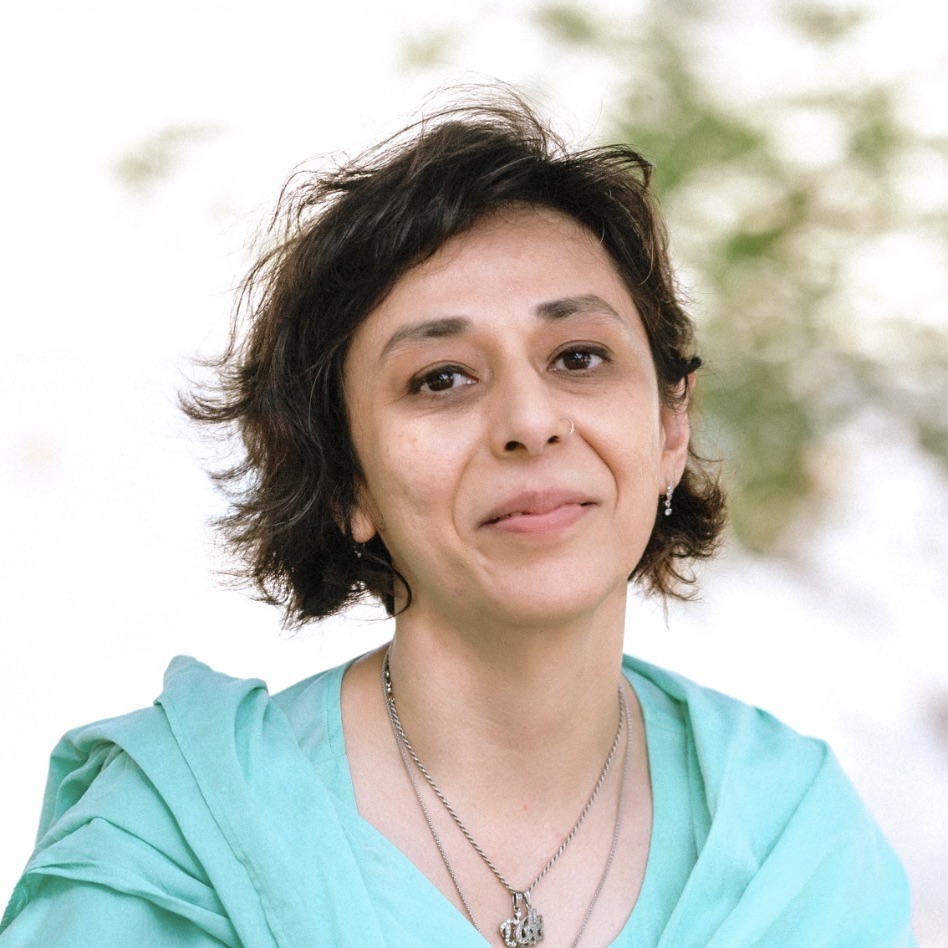



Intended learning outcomes
- Define the dominant epistemologies and methodologies in the field of political studies.
- Identify the complexities and specificities of political life, focusing on the theoretical, temporal, and spatial intersections.
- Articulate a personal methodological framework for understanding and interpreting contemporary political experiences.
- Articulate and defend methodological choices and research findings in both written and oral forms.
- Apply learned tools and methods to unpack a specific aspect of contemporary political experience in a nuanced and comprehensive manner.
- Create research questions and hypotheses based on the intersection of personal experiences and broader geopolitical contexts.
- Engage in critical discussions about the limitations of grand theories and the importance of accounting for differences and specificities.
- Create meaningful political discussions and debates with respect and understanding for differing viewpoints.
- Manage reflexivity and honest introspection regarding one’s own sociopolitical and cultural lifeworld, and how it is affected by dominant epistemologies and methods.
- Carry out tasks of historical analysis to inform the understanding and solving of contemporary political problems.
About
A distinctive part of the curriculum is Further Studies in Politics, a modulethat runs in parallel with the other modules of the program. FurtherStudies allow students to integrate course material from newperspectives. Students take Further Studies twice, and have the ability toselect a customised assessment package to make their program morerelevant to their educational and career goals.The overall purpose of Further Studies is to allow Cohort Members todelve into subjects of interest that complement the core ten-modulecurriculum. Invariably, the speaker profile involved in the delivery ofFurther Studies content is expert practitioners who share tailored insightsand practical guidance. The exact content of the Further Studies modulechanges every year in response to contemporary political issues.Students take Topics twice, albeit with different content each time.
Teachers


Intended learning outcomes
- Describe the evolving political landscape
- Recall course materials and skills to integrate and apply these concepts from various perspectives.
- Identify diverse perspectives, debates, and approaches in political studies
- Communicate effectively, both in writing and orally, about complex political issues and concepts.
- Apply learned concepts and theories to real-world situations, demonstrating the practical application of academic knowledge.
- Demonstrate an ongoing commitment to learning and professional development, recognizing the importance of keeping up-to-date with current issues in the field.
- Monitor one’s foundation in both the theory and practice of political studies, preparing for advanced study or career opportunities in the field
- Collaborate with expert practitioners, gaining tailored insights and practical guidance on contemporary political issues.
- Carry out tasks that deepen knowledge in specific areas of interest that complement the core curriculum in political studies.
- Independently research, analyze, and present on a topic of interest within the realm of political studies
About
A distinctive part of the curriculum is Further Studies in Politics, a module that runs in parallel with the other modules of the program. Further Studies allow students to integrate course material from new
perspectives. Students take Further Studies twice, and have the ability to
select a customised assessment package to make their program more
relevant to their educational and career goals. Further Studies in Politics
II is not a more “advanced” class than part 1; it is just a fresh set of topics
aligned with the other aspects of the programme’s curriculum.
The overall purpose of Further Studies is to allow Cohort Members to
delve into subjects of interest that complement the core ten-module
curriculum. Invariably, the speaker profile involved in the delivery of
Further Studies content is expert practitioners who share tailored insights
and practical guidance. The exact content of the Further Studies module
changes every year in response to contemporary political issues.
Students take Topics twice, albeit with different content each semester.
Teachers
Intended learning outcomes
- Describe the evolving political landscape
- Recall course materials and skills to integrate and apply these concepts from various perspectives.
- Identify diverse perspectives, debates, and approaches in political studies.
- Apply learned concepts and theories to real-world situations, demonstrating the practical application of academic knowledge.
- Communicate effectively, both in writing and orally, about complex political issues and concepts
- Demonstrate an ongoing commitment to learning and professional development, recognizing the importance of keeping up-to-date with current issues in the field.
- Independently research, analyze, and present on a topic of interest within the realm of political studies.
- Collaborate with expert practitioners, gaining tailored insights and practical guidance on contemporary political issues.
- Monitor one’s foundation in both the theory and practice of political studies, preparing for advanced study or career opportunities in the field.
- Carry out tasks that deepen knowledge in specific areas of interest that complement the core curriculum in political studies.
About
The Politics Dissertation contains both a research planning phase, ‘TheResearch Plan’, and a research execution phase ‘The Dissertation’.The Research PlanThe Research Plan for the Politics Dissertation prepares students to embark upon a substantial, sustained, unified piece of research at the MQF7 level. The module is taught by the proposed dissertation supervisor as a form of preparation specific to the dissertation and the requirements of its subject matter.This module is not a general introduction to research or research methodologies, but a practical preparation for students embarking upon the dissertation for the MA in Politics. Although these skills are highly transferable to other research domains, it remains the case that the purpose of the module is scoped to the needs of the specific dissertation for which it prepares the student. This module marks the end of the taught portion of the degree and the transition to the research portion. It is expected that the topic of research, which is refined during the planning phase, will have arisen out of one of the taught modules’ assignments, projects, or essays. The planning phase provides a highly structured plan for embarking upon independent research in the subsequent dissertation and more broadly at the MQF 7 level. In order to provide context for the submission of the ‘Research Plan’(which is the purpose of this phase of the module), the student will gain a proficient knowledge of relevant research methods and planning. Thus in connection with the core learning outcomes resulting from the research plan, the student will additionally gain a proficient understanding of the wider context of research methods and evaluate the fittingness of the chosen method.
Teachers
Intended learning outcomes
- Become familiar with different types of textual and non-textual evidence used for the field of enquiry.
- Attain a comprehensive overview of the most important primary and secondary literature in the field of enquiry.
- Understand key theoretical, methodological, or historiographical debates for the field of enquiry.
- Possess expert knowledge at an MQF 7 level of the topic addressed in the dissertation.
- Understand standard modern conventions concerning the presentation of scholarly work and scholarly referencing.
- Apply historical and critical approaches to the interpretation of primary and secondary sources
- Summarise a wide-ranging body of information from multiple sources.
- Deliver a dissertation in a structured, well-scoped, and orderly way
- Demonstrate practical skills in gathering information from a variety of primary and secondary sources and in applying it to specific political questions.
- Grasp the theoretical issues that affect the proposed field of enquiry and the relative strengths and weaknesses of alternative approaches in the secondary literature.
- Demonstrate the capacity for independent responsibility for a programme of research that contributes to professional knowledge.
- Display the competence to manage complex, sustained research on a problem in politics, and develop new interpretive strategies
Entry Requirements
Application Process
Submit initial Application
Complete the online application form with your personal information
Documentation Review
Submit required transcripts, certificates, and supporting documents
Assessment
Note: Not required by all colleges.
For colleges that include this step, your application will be evaluated against specific program requirements.
Interview
Note: Not all colleges require an interview.
Some colleges may invite selected candidates for an interview as part of their admissions process.
Decision
Receive an admission decision
Enrollment
Complete registration and prepare to begin your studies
.avif)







